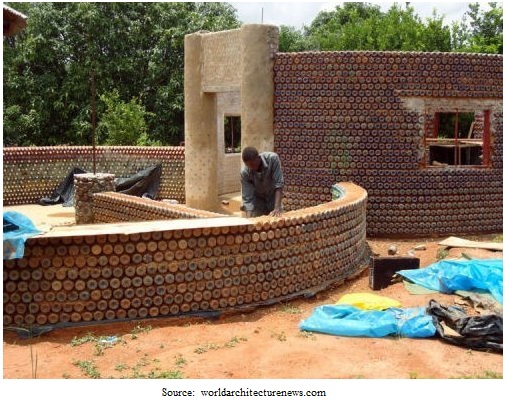Getting a PhD: Doing it depressed?
A PhD student wrote : "[Because of the workload/deadlines] I'm feeling overwhelmed and I've entered a depressive cycle. I feel depressed about having to do the work, so I put it off by working on other little projects or through garden-variety procrastination: surfing the web, catching up on e-mail, reading the newspaper, etc. Then the deadline pressure builds up to the point where I just break down and sob quietly about all the work I have to do..." Apparently this is quite a common feeling (really good post; this one too, and could I add that being an international student also adds to the " impostor syndrome ", but I've found helpful tips here and here ). Pause and reflect: It's not all doom and gloom A few weeks ago I attended an interesting workshop aimed at improving PhD student morale. It was a good mix of very new and not-so-new students from various departments, and our facilitators asked us about what e

